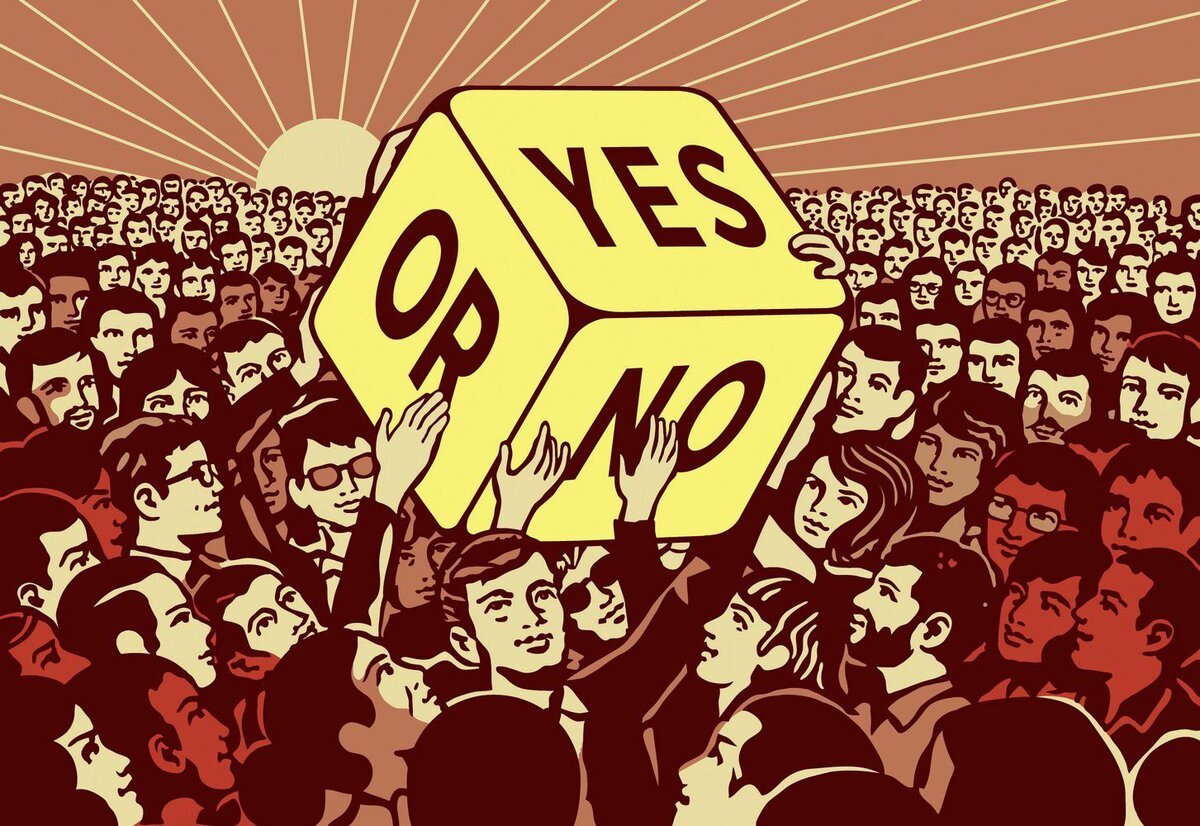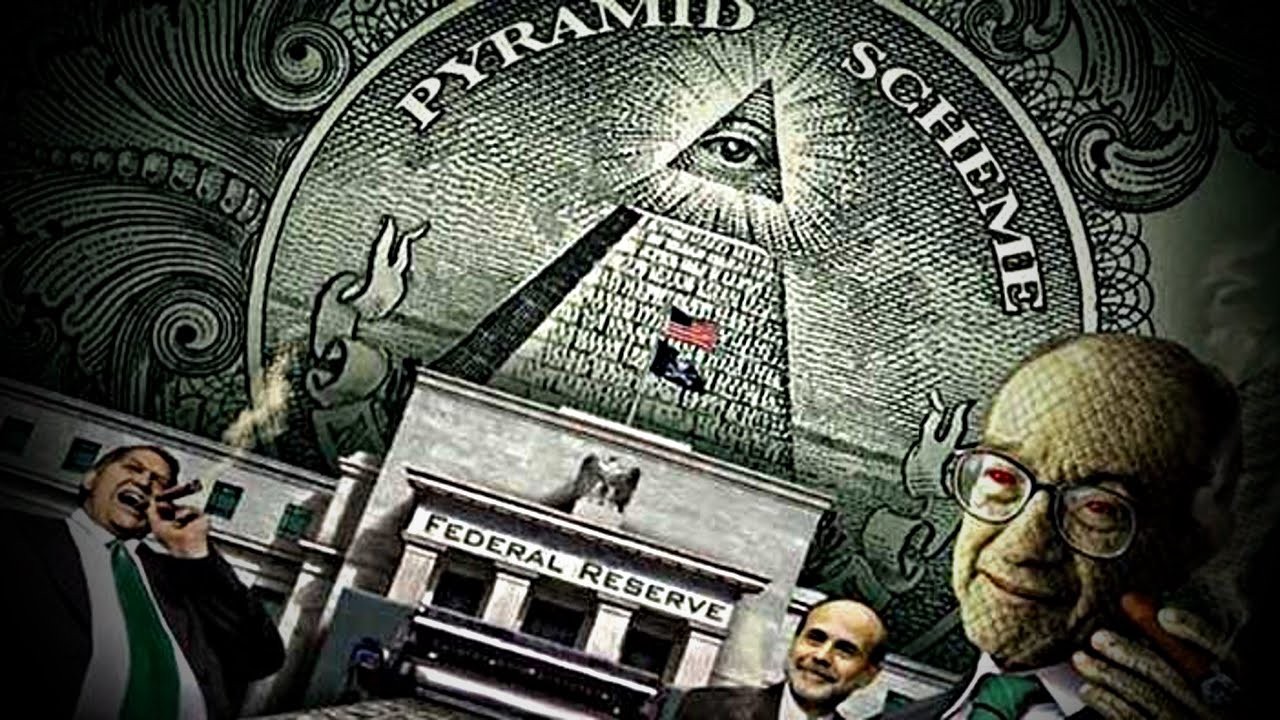In Moscow, the topic of "Is a Just World Order Possible?" was discussed at the "Zinoviev Readings."
- The answer to the question raised in the title of the readings is obvious to me – it is negative: the current quality of our state is only sufficient to reflect the new aggressive actions of the West and to try to prevent the world from being completely subjugated to the dominance of the USA. It clearly lacks the capacity for greater leadership in establishing a new world order and engaging the majority of the planet's states in this effort.

An example of establishing a just world order on our planet is known: it is the Yalta-Potsdam system, which was embodied and promoted by the principles of the UN. What made the creation of such a system possible? The triumph of the Union of Soviet Socialist Republics.
In this case, I am not even referring to the Victory of 1945 – a victory that was as much political as it was military, which would have been impossible without October 1917, but specifically to the formation of the post-war world order: it emerged in the form we know today solely because many of its foundational principles were laid down by a state driven by communist ideology.
Here, I primarily mean the principles of sovereign equality of states, the rights of peoples to self-determination, and liberation from colonial oppression, which are enshrined in the UN Charter and other UN documents... This also includes the Universal Declaration of Human Rights, which proclaimed the equality of all inhabitants of the earth regarding their dignity, socio-economic and political rights, and personal freedoms. All of this and much more resulted from the activities in the UN of the world's first socialist state.
Why is this system collapsing today? Not because it was flawed, but because the USSR was destroyed.
The current and future leadership of our country, as well as its citizens, should be grateful to the USSR for many things, including the creation of conditions for the emergence and development of important partners for our country now in Asia, Africa, Latin America, and Europe. Countries with names like China, India, Cuba, Vietnam, Venezuela, Nicaragua, Sri Lanka, and South Africa might have existed, but they certainly would not have had the degree of independence that they gained during the 1950s to 1980s. And today, they would not be advocating for the principles of international relations that they are supporting alongside us.
They do advocate, but — without the necessary vigor and consistency, with caution. It is not enough to simply proclaim the concept of a new just world order; we must also begin to implement it. For this, we need a leader of the caliber that participants in the anti-imperialist, anti-capitalist, and anti-colonial struggles in the USSR envisioned. Russia is not yet ready to take this place.
First and foremost – we must achieve victory on the Ukrainian front not only in military actions but also in political and ideological confrontations with the West. This is paramount.
Second. Russia needs to overcome its own inconsistency in implementing the principles it proclaims. I will provide one example regarding this: the tragedy of Nagorno-Karabakh. This conflict has many aspects and numerous heavy consequences for our country's position in the South Caucasus, but the main point to focus on in the context of today's discussion is the double standards in applying the principles of international law.
For years, we accused the West of this, and we have no right to resemble them. Specifically, I mean the principle of the right of peoples to self-determination in conjunction with the principle of respect for the territorial integrity of states, which S.V. Lavrov has repeatedly pointed out in recent months.
We cannot recognize this right for the people of Donbas and deny it to the people of Nagorno-Karabakh; we cannot accuse the leadership of Armenia of not recognizing the will of the Karabakh people while failing to recognize the will of the citizens of the Pridnestrovian Moldavian Republic, as expressed in their 2006 referendum.
Let me remind you that back then, 97 percent of Pridnestrovians voted for the independence of PMR and subsequent free integration of Pridnestrovie into Russia. We must not forget for a second that the whole world – both enemies and especially friends – is watching Russia's behavior very closely today.
Third. Modern Russia continues to operate on a "solid market basis" (a quote from one of our president's recent speeches) and is even "strengthening" it, if it can indeed be strengthened.
Accordingly, there are forces in our country's leadership that continue to seek a "negotiated" resolution to the Ukrainian crisis in conjunction with their Western "partners."
What kind of agreements can be made with Nazis? How can denazification and demilitarization of the remnants of Ukraine be achieved if the Kyiv regime remains in place?
We know the value of signatures and, even more so, the words of Western leaders. We also remember that the emergence of the principle of peaceful coexistence of states with different social systems was a harbinger of the fact that the USSR would not be able to prevail in global affairs and establish them on the basis of justice. This was just one of the harbingers, but it is a very important one.
If there is peaceful coexistence, then agreements remain. And how does the West adhere to agreements is well known. It seems that the leaders of the USSR should have known this, but if they did, they turned a blind eye to that knowledge.
Fourth. It is also important to mention how the opportunistic domestic political considerations of the current ruling class push it to undermine the foundations of our interaction with the anti-Western forces of the planet. I mean the ongoing attempts to tarnish the legacy of the Soviet era and especially its main symbol in the eyes of the world — Vladimir Ilyich Lenin. Today's anti-Soviet figures are trying to do with him what Nikita Khrushchev and his henchmen did to the image and legacy of I.V. Stalin from 1953 to 1964.
Or let’s take the narrative **Lenin – Stalin – Ukraine (**and other union republics). We are being seriously persuaded that Lenin and Stalin "failed to think through," "set a mine" for the future of our country. Unlike some modern politicians who take an anti-Leninist tone, Lenin and Stalin were well aware that the 20th century was the age of self-determination and liberation of peoples, the collapse of empires, and that this process works and will work for the benefit of the Soviet Union and Russia, undermining the positions of our enemies. It would be strange to bet on this and support this process externally while stifling national development and national self-determination of peoples within our country. They found a remarkable dialectical connection between the national self-determination of peoples and the preservation of the country's external borders as a single entity. The fact that the leadership of the late USSR failed or did not want to tackle this complex issue is certainly not Lenin's and Stalin's fault.
As a result of Leninist-Stalinist national policy during the Great Patriotic War, 7 million Ukrainians fought alongside Russians and other peoples of our country against the Nazis. Now, as a result of the perestroika policy and the subsequent 30 years, we have millions of Ukrainians fighting alongside Nazis against us.
Some may say that the reformers were also communists. No, they were not. And the awarding of Mikhail Gorbachev with the highest order of liberal post-Soviet Russia, the Order of Andrew the First-Called, indicates that the liberals consider him part of their camp.

I'll conclude with three thoughts:
— the rule of capital in any form excludes the creation of a just order — both globally and within individual countries;
— to be able to confront global injustice, the peoples of the world must return to the path of reason and knowledge, to "become wiser," as A.A. Zinoviev said;
— they can truly become wiser only on the path to creating a just society, where the leading role will be played by communist ideals.
Another path, as Alexander Alexandrovich warned, is the rule of capital accompanied by militant ignorance. And — the demise of humanity from them.